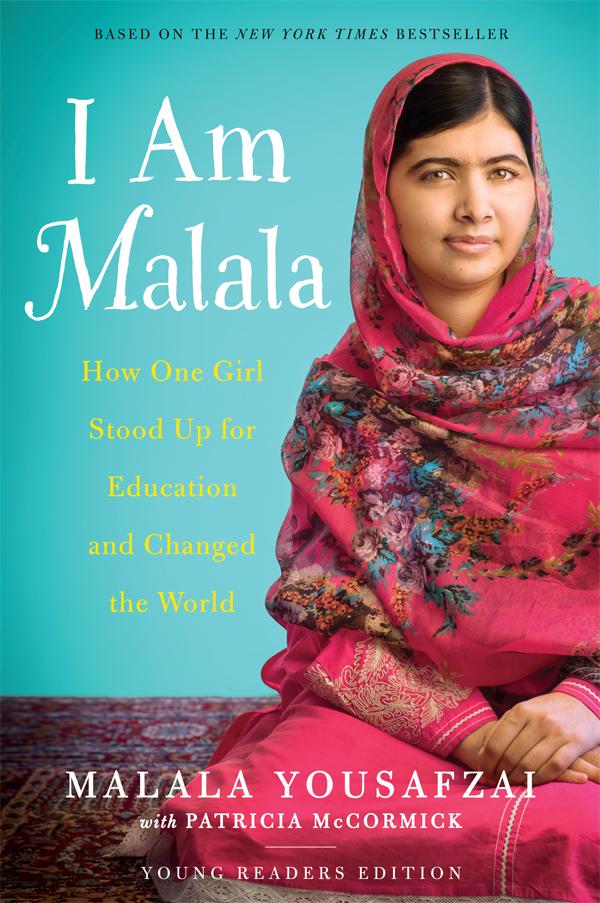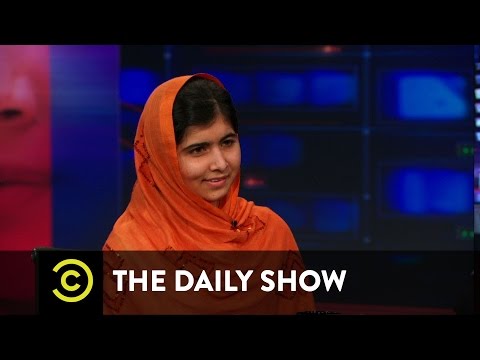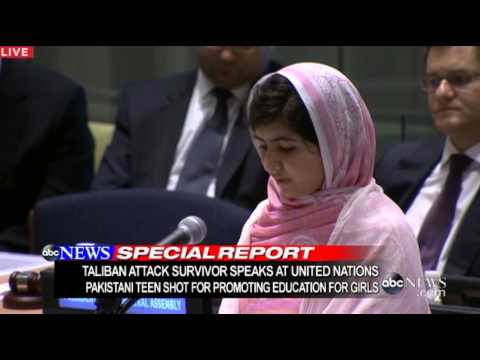About the Book
A young girl raised in a once-peaceful area of Pakistan now transformed by terrorist activity, Malala was taught to stand up for what she believed in: the importance of education. Despite threats to her and her family, she continued to speak out for her right to attend school. Her courage nearly cost her her life. One day, while riding the bus home from school, she was shot in the head by a Taliban gunman. Today, she continues to be a strong advocate for equal access to education around the world.
Read about Malala's "Books Not Bullets" campaign.
Frequently Asked Questions
Checks for Understanding
Summer Assignment
Additional Resources
We have listed links to videos, articles, and blogs to help you better understand the book.
You will also find volunteer opportunities to help our own community.
Volunteer Oppertunities (Make a difference)












